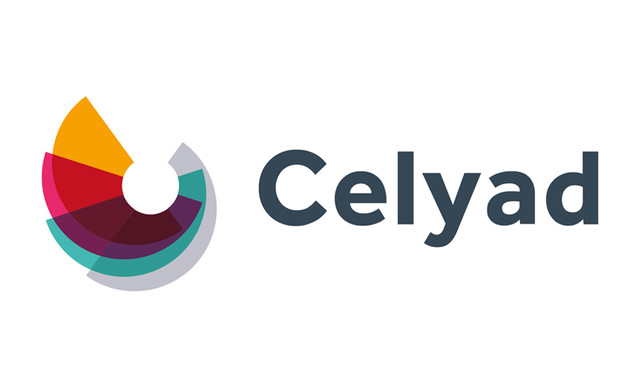A promising program in immunotherapy

This partnership will enable Celyad and the Institut Curie to combine their expertise to develop the cancer immunotherapy program in order to provide patients with innovative cellular immunotherapies. This agreement was set up within the framework of Curie-Cancer, the structure labeled "Institut Carnot" which conducts the research activities of the Institut Curie. It will draw on both the Institut Curie's strong expertise and its excellent translational, preclinical and clinical know-how in the field of cancer biology and immunology, and on the proven capabilities of Celyad cell therapy and manufacturing.
At the Institut Curie, the collaboration will be supervised by Sebastian Amigorena and will mainly concern the laboratory "Immunité et Cancer" he runs.
About the NKR-T Program
NKR is the acronym for Natural Killer Receptor or receptor on the surface of natural killer cells. CAR-NKG2D T cells are now referred to as NKR-2 T, NKR-2 T cells corresponding to the name of the developing product. Existing CAR-T cells are obtained using compounds encoding a single-chain antibody fragment, the zeta signaling domain CD3, and one or more costimulatory domains. Celyad's NKR-2, an innovative candidate product for cancer immunotherapy, is a T-cell encoded to express NKG2D, an activation receptor for natural killer cells. The technology developed by Celyad uses a human natural killer cell receptor (NK cells) which, unlike traditional CAR technologies, targets the CD19 antigen, is able to:
- bind to 8 different ligands, generally expressed by the vast majority of cancer cells, in both hematological and solid tumors (about 80% of the different types of cancer);
- target and destroy tumors and the blood vessels that feed them, and expressing NKG2D receptor ligands;
- target and destroy inhibitory mechanisms by preventing the tumor from escaping immune defenses;
- induce an autoimmune response acquired through the creation of a long-term cell memory against the targeted tumor.
The NKR-2 is entering Phase I clinical trial in April 2015. The complete data from the Phase I dose increase trial is scheduled for mid-2016. The objective of this trial is to assess the safety and feasibility of NKR-2 in patients with acute myeloid leukemia and multiple myeloma with secondary endpoints such as clinical efficacy. The post-administration safety follow-up period was reduced to 21 days after approval by the US Food and Drug Administration (FDA) and the IRB (Institutional Review Board), the ethics committee American. The data for the first 12 patients treated with Phase I are expected to be available by mid-2016 after determination of the recommended dose.
